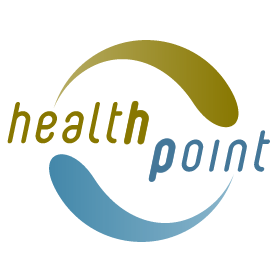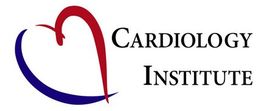Central Auckland, East Auckland, North Auckland, South Auckland, West Auckland, Northland > Private Hospitals & Specialists >
Cardiology Institute
Private Service, Cardiology
Coronary Artery Disease
Coronary artery disease refers to the narrowing of arteries that supply blood to heart muscle. The heart, like all other organs in the body, needs a constant supply of oxygen, nutrients and energy. Narrowed arteries limit blood supply to heart muscle such that demand is not met. This can damage the heart muscle.
The most common symptom of this problem is chest pain that occurs during exertion (angina). Typical angina chest pain is a heavy sensation in your chest associated with shortness of breath. It may shoot down your arms and can make you feel sick, dizzy or sweaty. Every individual experiences angina differently and any of the above symptoms may represent angina. If your GP thinks you may have angina they will refer you for an assessment to plan treatment.
Heart Attack (Myocardial Infarction)
If an angina attack is prolonged (e.g. lasts for more than 20 minutes), or if the pain comes on at rest, you may be having a heart attack. This is when a part of the heart muscle becomes so deprived of oxygen that results in permanent damage to your heart and in some cases death.
Effective treatments available in hospital to limit the amount of damage, and therefore save lives. If you have chest pain at rest or angina like symptoms for more than 20 minutes, you should call an ambulance and go to hospital as soon as possible.
Am I likely to have coronary artery disease?
Several risk factors have been scientifically proven to be associated with coronary artery disease. However even if you don’t have any of the following it could still happen to you.
You are more likely to have cardiovascular disease if you have any of the following:
- Are or have been a smoker
- Diabetes
- High blood pressure
- High cholesterol
- A family history of the disease
- Are older (your risk increases as you get older)
Treatment of coronary artery disease
These consists of medications to protect the heart and its blood vessels. These include aspirin which makes the blood less sticky and prone to clots, medication to lower your cholesterol (even if it isn’t very high, it is still helpful), medication to make your heart go slower and to open the blood vessels. You will be given a nitro lingual spray to carry with you with instructions of what to do if you have angina.
You will be given advice on diet changes that can protect the heart as well as stop smoking programs.
If you have had a heart attack you will be offered cardiac rehabilitation classes with a trained physiotherapist.
Depending on test results, these narrowed blood vessels may be opened by stenting performed at the time of the invasive angiography, or may be bypassed by surgical procedure, called coronary artery bypass surgery.
Click here for more information.

